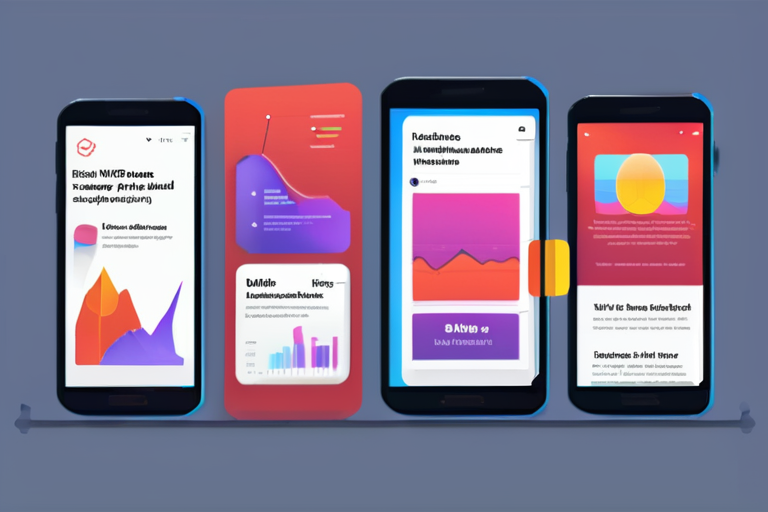Websites for All: How Website Builders Are Democratizing Online Presence


Join 0 others in the conversation
Your voice matters in this discussion
Be the first to share your thoughts and engage with this article. Your perspective matters!
Discover articles from our community

 Hoppi
Hoppi

 Hoppi
Hoppi

 Hoppi
Hoppi

 Hoppi
Hoppi

 Hoppi
Hoppi

 Hoppi
Hoppi

The Rise of Website Builders: Simplifying the Online Presence for All In recent years, publishing a website has become increasingly …

Hoppi

The Rise of Website Builders: Simplifying the Online Presence In recent years, website builders have revolutionized the way individuals and …

Hoppi

Your Website Talks: Jennie Lakenan Revolutionizes Coaching Industry with AI-Powered Websites In a groundbreaking move, certified coach and design expert …

Hoppi

VITE: THE UNITED NATIONS OF JAVASCRIPT EMERGES AS NEXT-GEN FRONTEND BUILD TOOL In a significant development for the global tech …

Hoppi

The Rise of Website Builders: Simplifying the Online Presence for All In recent years, website builders have revolutionized the way …

Hoppi

Can Cory Doctorow's 'Enshittification' Transform the Tech Industry Debate? In a bid to redefine the tech industry's approach to user …

Hoppi